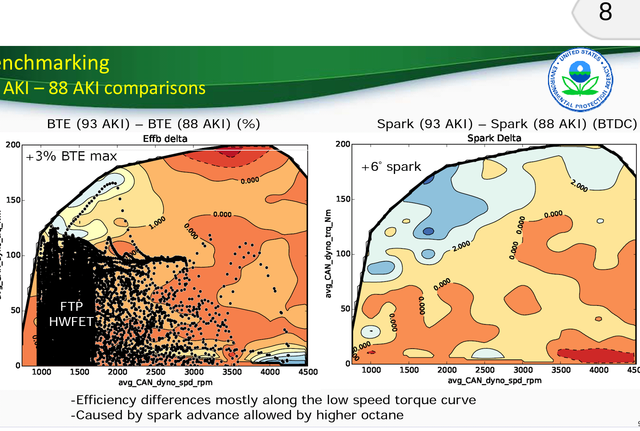- :
- 2020 CX-5 Signature Azul Metalico
I have read that with the 2.5 motor using Extra vs Regular gas contributes nothing to performance whatsoever. However according to Mazda the turbo motor will produce 227 hp on regular but 250 hp on extra. Quite a difference. So is it only the turbo that can take advantage of higher octane fuel?


